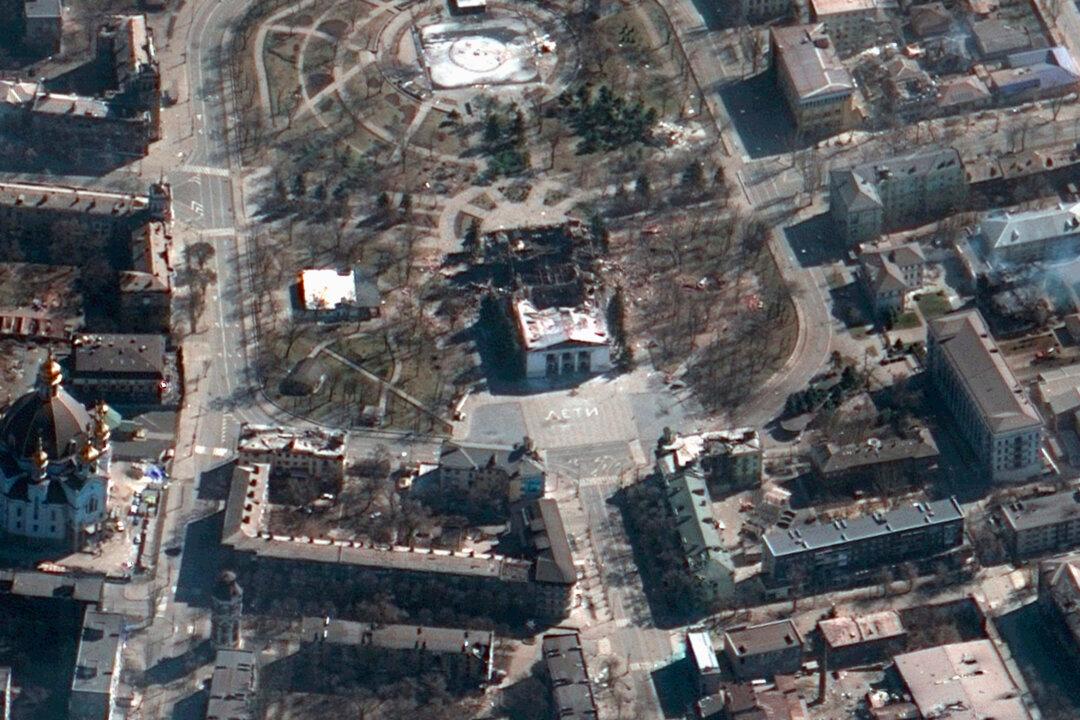A Chinese opera singer has sparked anger by performing a Soviet-era war ballad amidst the ruins of a theatre that was bombed by Russian forces in March 2022, killing hundreds who were sheltering there.
Wang Fang, a 38-year-old singer, accompanied a delegation of Chinese social media personalities who visited the region last week.




